 History 143
History 143 History 143
History 143 SYLLABUS
SYLLABUS
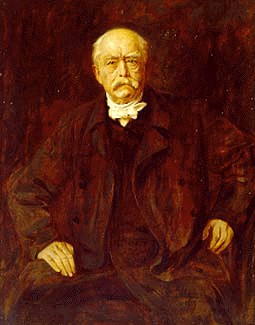
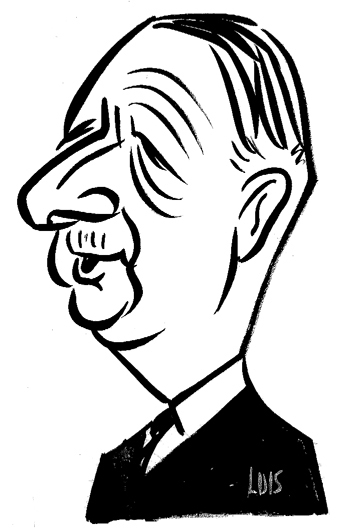

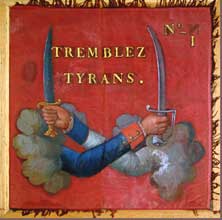

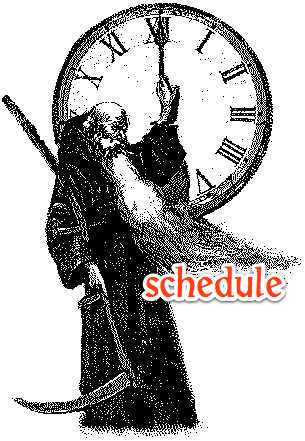
 Course Objectives
Course Objectives
The purpose of Europe and the Modern World is to create an understanding of the broad course of Western history and the working acquaintance with the past which every citizen, certainly every educated person, ought to possess. We live in an age increasingly given to regarding the past as irrelevant, or worse, nonexistent. Yet in practical application the terms of this proposition are contradictory: how does one know the past is irrelevant if one does not first study it? Arrive at your own position on this question after you discover what is being discussed and what is at issue. In any case, be assured that you will encounter constant allusions to the past in the normal discourse of educated people. It is worth noting here that while we will be looking at the "great" events of the Europe's history in the context of the modern world and the great cultural creations of this dynamic civilization, we will also examine how normal people have lived, sometimes quite oblivious to contemporary great events, cultural achievements, and the like.


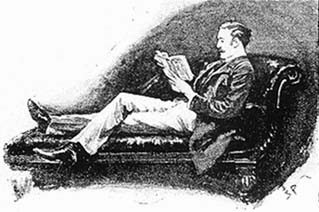
 Readings
ReadingsISBN: 0674766911 (again, any edition will do)
Haffner. The
Meaning
of Hitler. Paperback. Publisher: Harvard Univ
Pr; Reprint edition (March 1983)
ISBN:
0674557751
Dickens. Hard
Times. Paperback. Publisher: Bantam Classic and
Loveswept; Reissue edition (January 1991)
ISBN:
0553210165 (this is the edition needed on this one)
Please acquire these books as early in the semester as possible. You will need them for reading on your own and to bring to class during discussions of them. Much of the course reading will be online. Please see the Schedule for details.
 How We
Will Go About This
How We
Will Go About This| 2 regular exams @ 15% | 30% |
| Final Exam |
25% |
| Reading Quiz Average | 20% |
| Map
Quizzes @ 5%
each |
15% |
| participation: attendance, evidence of
having done the reading, taking part in the discussion, etc. |
10% |
Course Grade 100%
The regular tests will be 50-minute exams, consisting of some
multiple choice questions, some essay-type, and extended ID
questions. The Final will be much the same, with the
exception of added questions covering the whole of the course
material. All tests will be taken in a bluebook (or
greenbook--the test booklets available at the bookstore and
elsewhere). Please bring one to class for each test. I
may have you trade bluebooks beforehand, and I may look through
each student's bluebook.
In this course, 93
or higher is an A; 90-92.9 is an A-; 87-89.9 is a B +; 83-86.9 is
a B; etc.
 Attendance,
Late Assignments, and Academic Integrity
Attendance,
Late Assignments, and Academic IntegrityYou need to come to
class. After more than six absences, you
run the risk of being dropped from the course, and
since students who miss that much frequently have a failing
average, there is a double risk of being dropped with a failing
grade (see AC Bulletin). This course will follow the
policies on academic integrity laid out in the Environment
and other official college publications. Please read these
guidelines carefully; we will follow them strictly. All
violations will be turned in, with appropriate evidence, to the
Vice-President for Academic Affairs. Academic honesty is
absolutely essential. This means: no cheating.
If you are ever in doubt as to what constitutes plagiarism, please
feel free to come by and discuss the question with me, or any
other faculty member for that matter. We will also be
talking about this when we get to the paper assignments. On
the plagiarism issue, just remember: whenever you use
someone's words or ideas, you must tell that you have used
them. You must give credit where credit is due. For
very good information on what plagiarism is, see the McGill
University website on academic integrity.
Testing rules:
Everyone must
surrender any cellphone or tablet device to a table at the front
of the room before the test, if called to.
If a test booklet is turned in with a page torn out, the test
grade will be 0.
No whiteout may be used on exams.
All tests must be in ink--no erasable ink or pencils.
No restroom visits will be permitted during an exam except under
extraordinary circumstances.